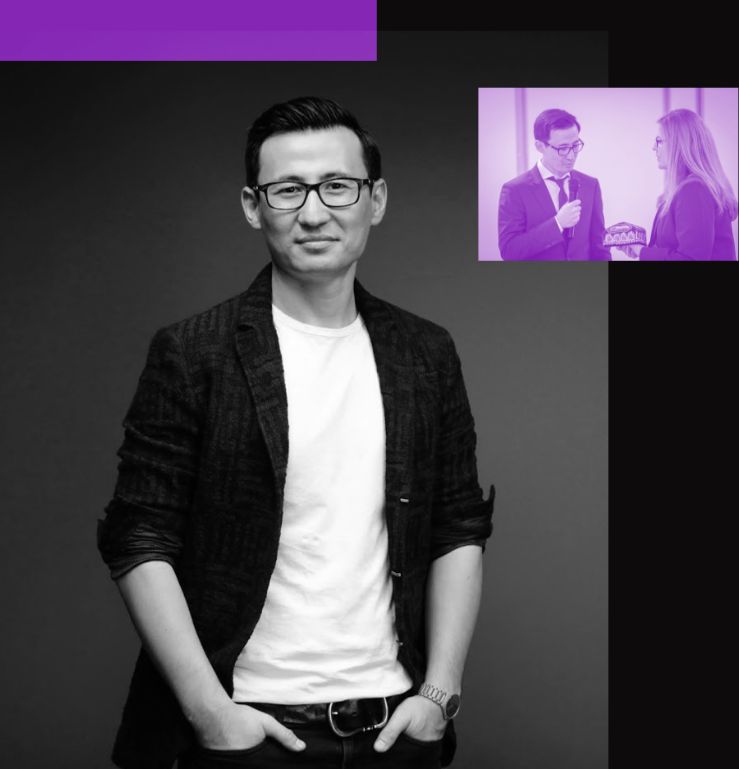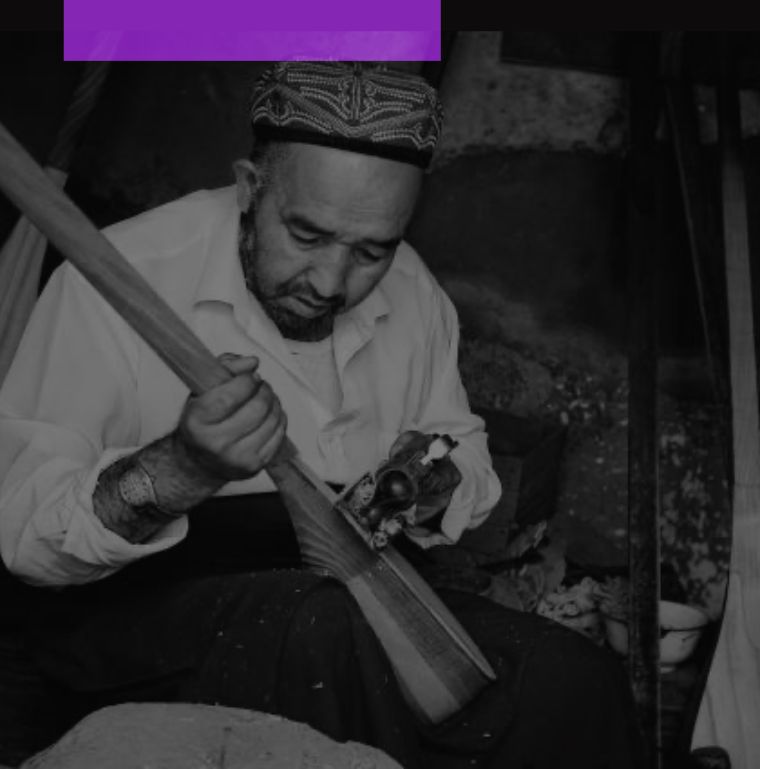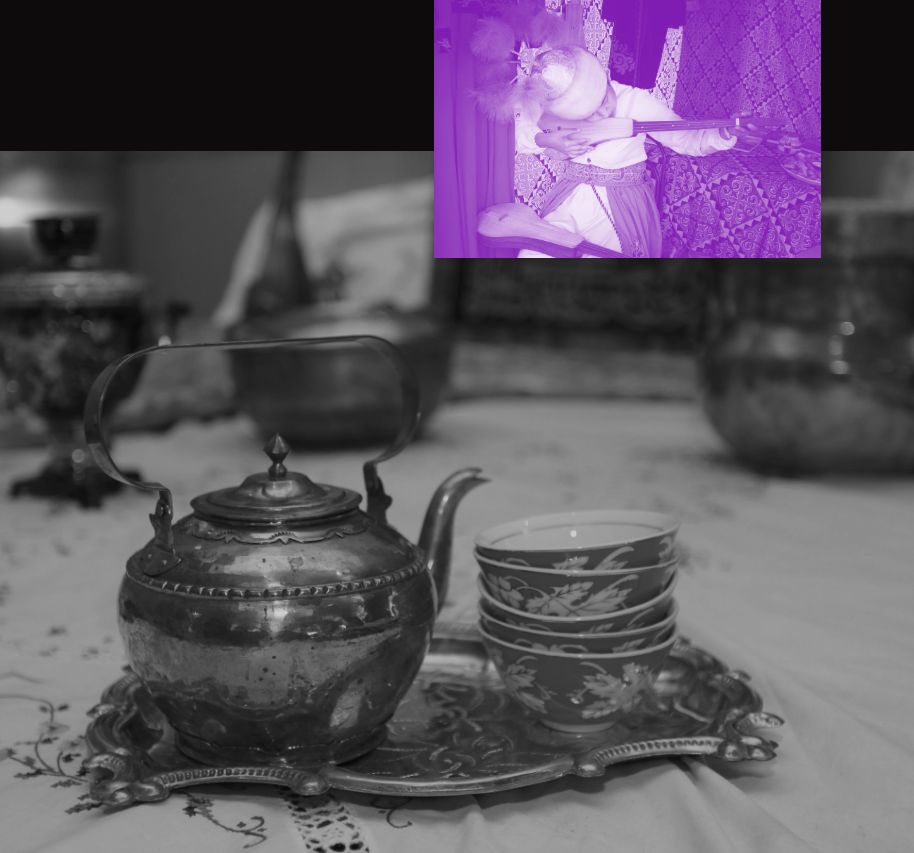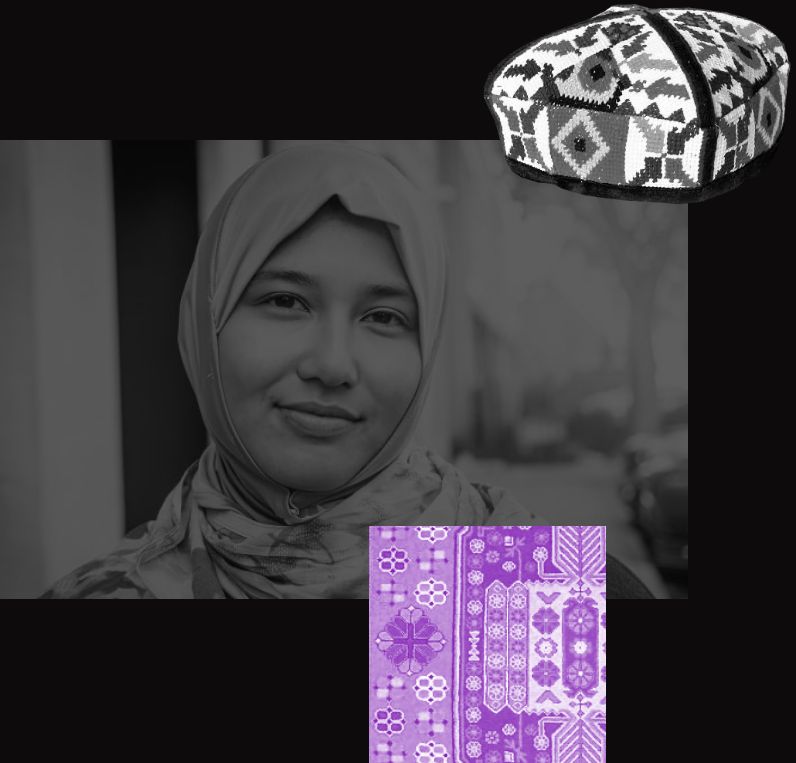
Leading the charge
Kuzzat Altay is on a mission to change the world
He stands for freedom, human rights and justice for all. He’s dedicated his life to making a difference and actively fighting against genocide and the oppression of his people and culture.


